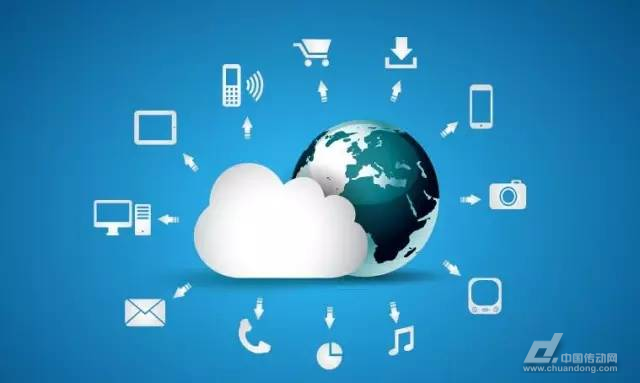Since the beginning of the 21st century, a new round of scientific and technological revolutions and industrial changes have swept the world. The combination of emerging technologies, such as cloud computing, data analysis, artificial intelligence, and the Internet of Things, and different industries has brought profound changes to these industries. In these industries, manufacturing is undoubtedly one of the industries most affected.

Reviewing the development of industry in the past 200 years or so, the greatest promoters are technological advances: the first industrial revolution marked by the invention of the steam engine in Watts in 1784, and the second industrial revolution marked by the use of electricity in the late 19th century. The birth of the first programmable computer of the year marked the 3rd industrial revolution, and in 2013, Germany proposed the fourth industrial revolution (Industry 4.0) marked by the CPS of the information physics system. Every industrial revolution began with a new The use of technology has promoted changes in industrial production methods. It can be predicted that with the continuous emergence of new technologies, industrial production methods will also be advanced, and there will be industries 5.0, 6.0...
The biggest difference between industrial X.0 and the previous industrial revolution was data-driven. Real-time, end-to-end, multi-directional communication and data sharing between people, products, systems, assets, and machines; each product and production process can be autonomously monitored, aware of the surrounding environment, and communicated with customers and the environment Constantly interactive self-learning to create more and more valuable user experience; companies can also understand the customer's personalized needs in real time and respond in a timely manner. This change in manufacturing based on data intelligence is not only an improvement in productivity, but also a new product and service model derived from traditional products, opening up new opportunities for growth, and the operating model of manufacturing industry. Competitiveness will be redefined.
Heavy weight
Accenture recently released the report "Internet of Things +: New Engine for Transformation of Manufacturing into Smart Services," based on leading companies from agriculture, automotive, steel, aviation, shipbuilding, shipping, telecommunications, power, electrical, and cloud services. The research, as well as case studies, explored how China's manufacturing industry could use the Internet of Things, combined with emerging technologies such as their respective industries and artificial intelligence, blockchains, to develop innovative data-based services to drive business growth.
The report pointed out that with the decline of traditional industrial giants and the rise of emerging “digital native†companies, the competitiveness of enterprises is being redefined. For manufacturing companies, hardware products and physical assets are no longer necessarily guarantees for the competitiveness of enterprises: On the one hand, the number of heavy assets is not equal to the strengths and strengths of enterprises; on the other hand, the value of hardware products is constantly being serviced. And software migration. Manufacturing companies must re-examine and define their own competitiveness and look for new growth momentum.
In response to the challenges faced by traditional manufacturing industries, the world's manufacturing powers, such as Germany and the United States, have proposed revitalization plans, such as Industrial 4.0, Industrial Internet, and other strategic plans. China has also proposed the "Made in China 2025" plan and "smart manufacturing." The development plan (2016-2020) will regard service transformation as a key direction for manufacturing upgrade and transformation.
The report believes that while many manufacturing companies have begun to provide services to customers, most of them are still based on traditional services of products, which bring limited value to customers and often cannot keep up with changes in customer needs. The development of the Internet of Things has opened up a new space for enterprises to transform their services. The Internet of Things uses various sensors to capture data from the physical world. Through the analysis and application of these data, it helps enterprises optimize production processes and provide operational efficiency. With the Internet of Things, companies can continuously perceive customer needs, create new service models, and promote business growth. This is the greatest value of the Internet of Things for companies.
A manual pulse generator (MPG) is a device normally associated with computer numerically controlled machinery or other devices involved in positioning. It usually consists of a rotating knob that generates electrical pulses that are sent to an equipment controller. The controller will then move the piece of equipment a predetermined distance for each pulse.
The CNC handheld controller MPG Pendant with x1, x10, x100 selectable. It is equipped with our popular machined MPG unit, 4,5,6 axis and scale selector, emergency stop and reset button.
Manual Pulse Generator,Handwheel MPG CNC,Electric Pulse Generator,Signal Pulse Generator
Jilin Lander Intelligent Technology Co., Ltd , https://www.jllandertech.com
